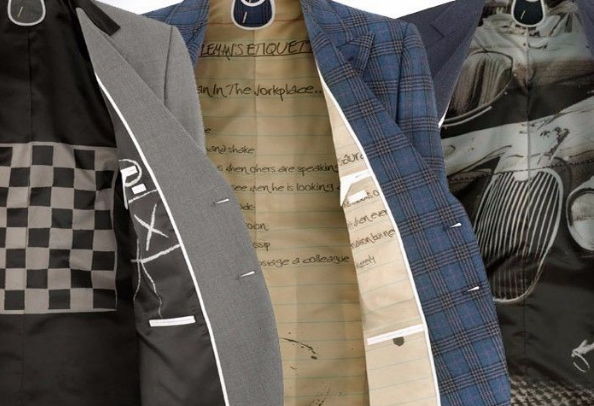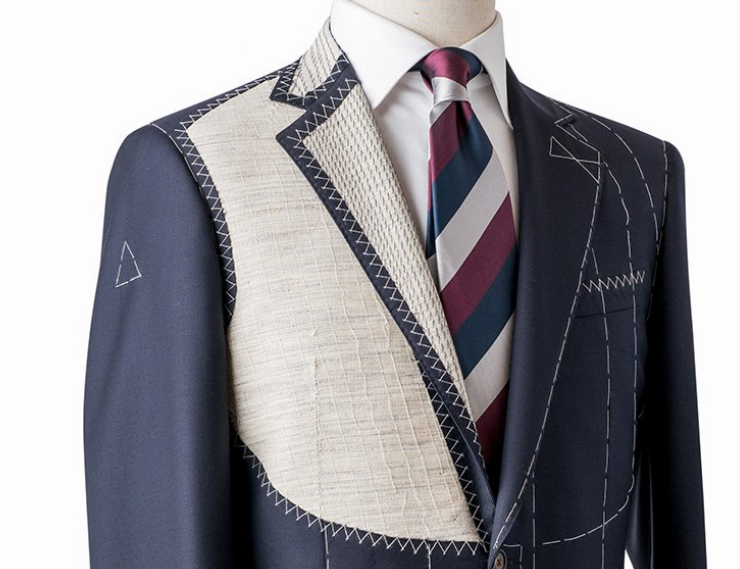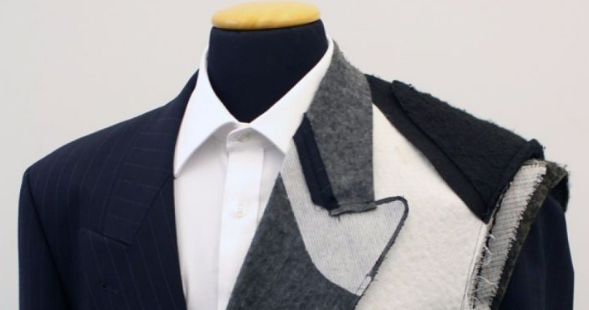如何区分衬里、衬里和接口
2022-11-18.
lining
Lining is used to help hide the inner construction details of a garment, and also to help it slide off and on over other clothing with ease.
Lining fabrics are usually slippery and silky, though other types may be used for effect. Lining is constructed separately from the garment and attached at facing or hem areas by hand or machine.

Interlining
Interlining is a layer of fabric/material between Fabric and Lining, which is a kind of sandwich. It is used in large areas for warmth, windproof and waterproof. Smaller areas are used to strengthen the structure of the garment (Padding).
The difference between Interfacing and Interfacing is that the main function of Interfacing is to shape the structure of the garment and strengthen the support of each part of the garment, so that the garment looks more straight and shapely on the body and is strong and unbreakable. The role of Interlining is mainly for thickening the fabric, or warm, windproof, waterproof.

Interfacing
Interfacing is a support fabric used in areas that need more stability than just the fabric weight.
Interfacing is called inner lining. Interfacing plays a vital role in supporting the shape of the clothes, strengthening the hardness and thickness of the fabric, and preventing the clothes from being deformed after washing and folding. Most of the clothes on the market have more or less Interfacing.
Interfacing is often used around the edges of garments, around buttons, and in areas of high body movement to reduce distortion and damage to the fabric. Most jackets, especially suits, are extensively interfaced in order to maintain the garment's rigid shape.
